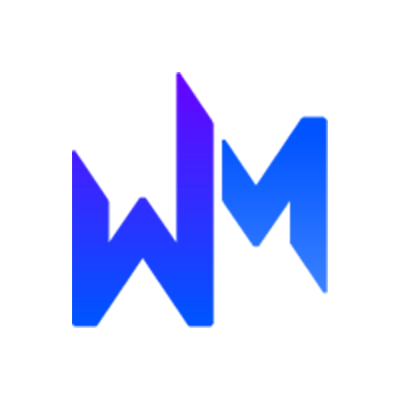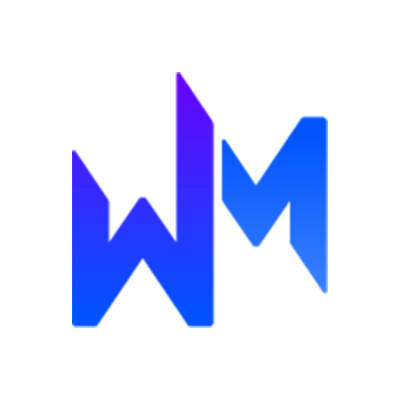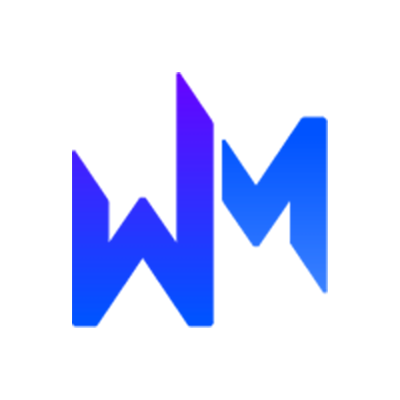Identify Promoted Posts on Social

Unmetric has expanded the availability of its Promoted Post Detection feature to its Analyze product.
Analyze for social media analysts is one of Unmetric's three core products, alongside Discover for brand content creators and Track for marketers. The integration of Promoted Post Detection with Analyze enables social media analysts to see what posts are promoted and organic for more than 40,000 brands across industries.
Promoted Post Detection was previously available as a separate add on feature and only tracked a limited number of brands that users selected. The feature leverages machine learning algorithms to identify and sort paid and organic Facebook posts with up to 95 percent accuracy. What's more, the feature provides insights that help social media analysts compare their own brand's internal paid and organic content, as well as benchmark performance against competitors and other brands doing well with promoted content on Facebook.
With the integration, analysts will see paid posts tagged as "Promoted" and organic posts tagged as "Organic." That said, Promoted Post Detection needs five days of engagement data to make its predictions, which means that posts that are not five days old will be flagged as "New." It is also important to note that each tag includes a probability value to indicate how confident Unmetric is about the prediction. Users, however, have the ability to set a threshold value of their choice to identify promoted posts.
"Since launching Promoted Post Detection last year, we've fine-tuned the detection algorithms, and with the improved model and larger available data set, we're able to provide probability values along with predictions," said Aswani Yeraguntla, director, predictive and business analytics for Unmetric. "These updates provide our clients with additional tips and insights into the paid strategies of thousands of brands and have made it simple for social media analysts to automatically generate and download their own reports on demand - saving additional time and resources."

Subscribe to Our Newsletter!
Latest in Social Media










